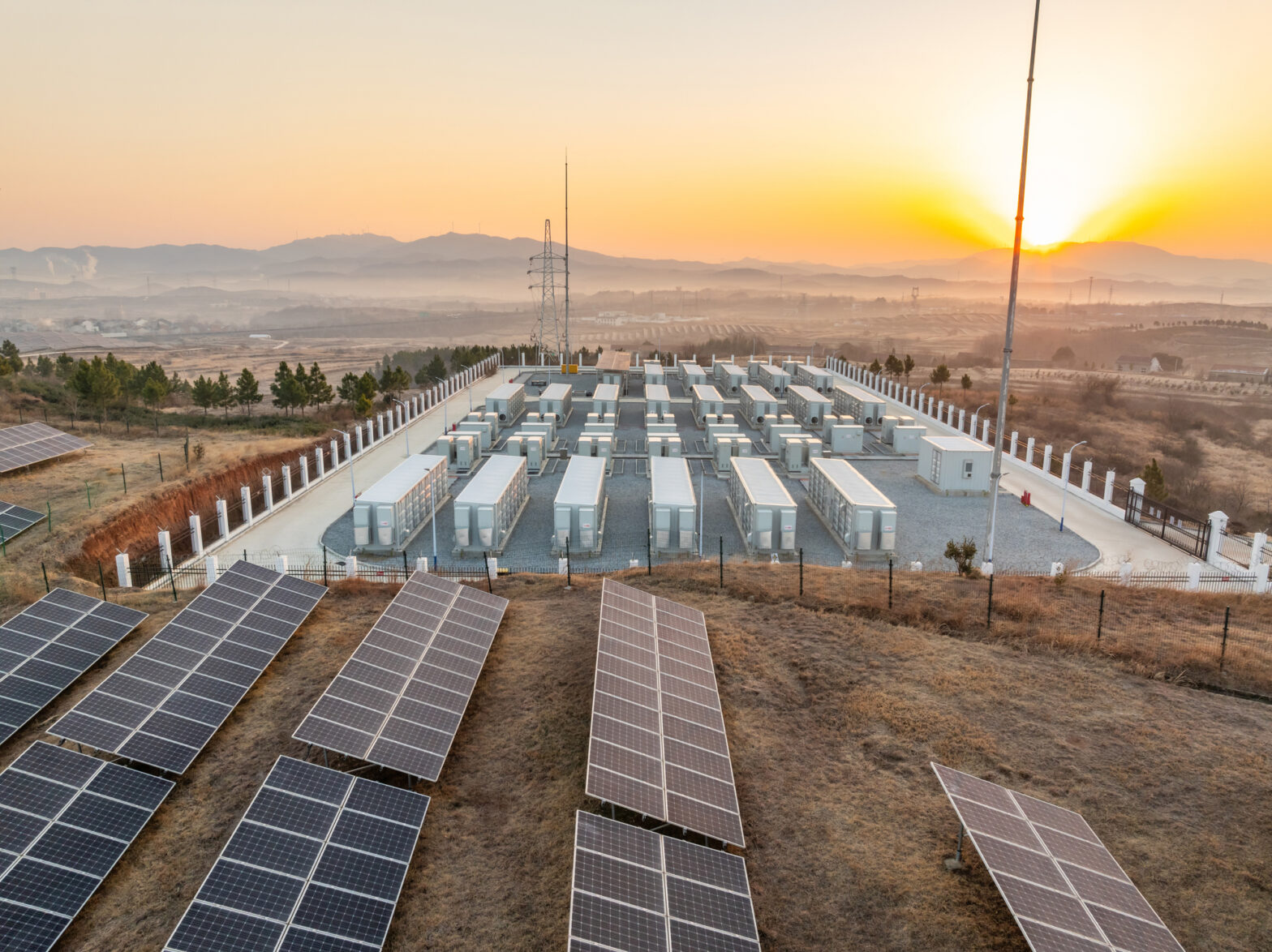This post was originally published on FirstFuel’s website. FirstFuel is now Uplight.
In the regulatory world, we hear a lot from states like New York, California, and Illinois about their plans to modernize the grid and upgrade the utility business model. But at last week’s launch of a recent paper by the Critical Consumer Issues Forum (CCIF), the spotlight shifted to consumer and utility representatives from Arizona, Iowa, Georgia, Minnesota, Montana, and Pennsylvania. As it turns out, when you ask what business customers want, they sound the same from coast to coast — and even across the pond.
CCIF is a collaborative effort among energy users and their advocates, utilities, and regulators. Each year, CCIF explores a chosen topic through multiple stakeholder gatherings. The process yields a unique, consensus-based view into what energy customers expect of their utilities as the energy landscape shifts toward distributed resources. This year’s launch, which coincided with NARUC’s Summer Meetings in Nashville, culminated the Forum’s fifth study phase, “Consumer Solutions: Meeting Consumer Needs on All Levels.”
The new paper offers this pithy summary: “Effective consumer education will become increasingly critical as energy products and services become more complex.”
Panelists at the launch event emphasized that small and medium sized commercial customers face critical information gaps in understanding new energy options, and in deciphering the regulatory changes that shape their relationships with energy service providers.
“Commercial customers are interested in how…data and related products and services can assist them to better understand and manage bills, and meet sustainability and energy efficiency goals,” the report says. Forum participants developed a consensus view that utilities should focus on customer service as they step up to play a role as trusted advisors.
“One key component of good customer service is frequent and effective communication. Generally, consumers favor utility communications that are more customized to their needs, use plain language, and employ social and traditional media.”
The panelists were careful to point out the wide range of preferences among energy consumers: some are fully immersed in exploring new energy choices, while others are totally uninterested in changes to the status quo. This makes personalization and clear, concise communication essential. “Communicating more frequently in a manner that is more customized to consumer needs. Using plain language. Employing both social media and traditional media to better reach consumers.”
As they outlined a need for greater personalization, stakeholders also emphasized a desire for consistency across utility service territories. For example, Whole Foods’ corporate energy managers would prefer greater consistency across the utility customer service, tools, and programs offered to every Whole Foods grocery store.
By outlining these critical consumer issues from the perspective of consumers themselves, the Forum has shown that there’s a new expectation of business customer service taking shape. Customers are looking for a lot more than they can get from a typical monthly bill. The tide is rising, and everywhere customers want to rise along with it.





